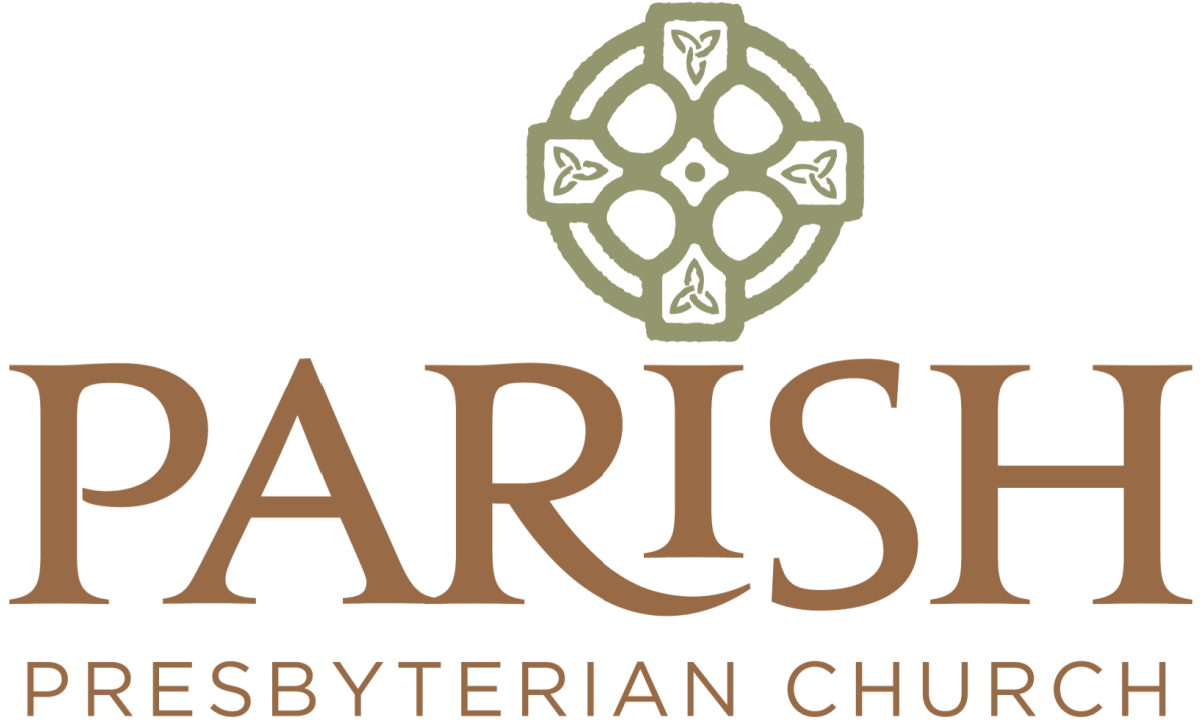Just as we saw in Mary’s song last week, Zechariah’s song from Luke 1:67-80 draws heavily from the language of the Old Testament. Zechariah remarks that the “horn of salvation” (a reference to Psalm 18:2) was promised “by the mouth of His holy prophets from of old,” a sentiment echoed in many Christmas hymns. See, Amid The Winter’s Snow refers to Jesus as the “Lamb” who was “promised from eternal years,” Of The Father’s Love Begotten points out that His coming was promised by the “Scriptures of the prophets,” and Hark! A Thrilling Voice Is Sounding calls Him the “Lamb, so long-expected.” This last hymn has a further connection to Zechariah’s song: the “thrilling voice” of the title, who cries out “Christ is nigh” and “cast away the works of darkness,” is John the Baptist, the child who is prophesied to “go before the Lord to prepare His ways” in Luke 1:76. Another striking aspect of Zechariah’s story is the movement from silence to song. After we hear the angel tell him, “You will be silent and unable to speak until the day that these things take place” (Luke 1:20), we respond with the awe-filled hymn Let All Mortal Flesh Keep Silence. But before the end of the service, we’ll also hear that “all Christians sing” because of a different angelic message—the angels at Bethlehem. —Henry C. Haffner
Posted by Henry Haffner
Categories: Worship Notes

